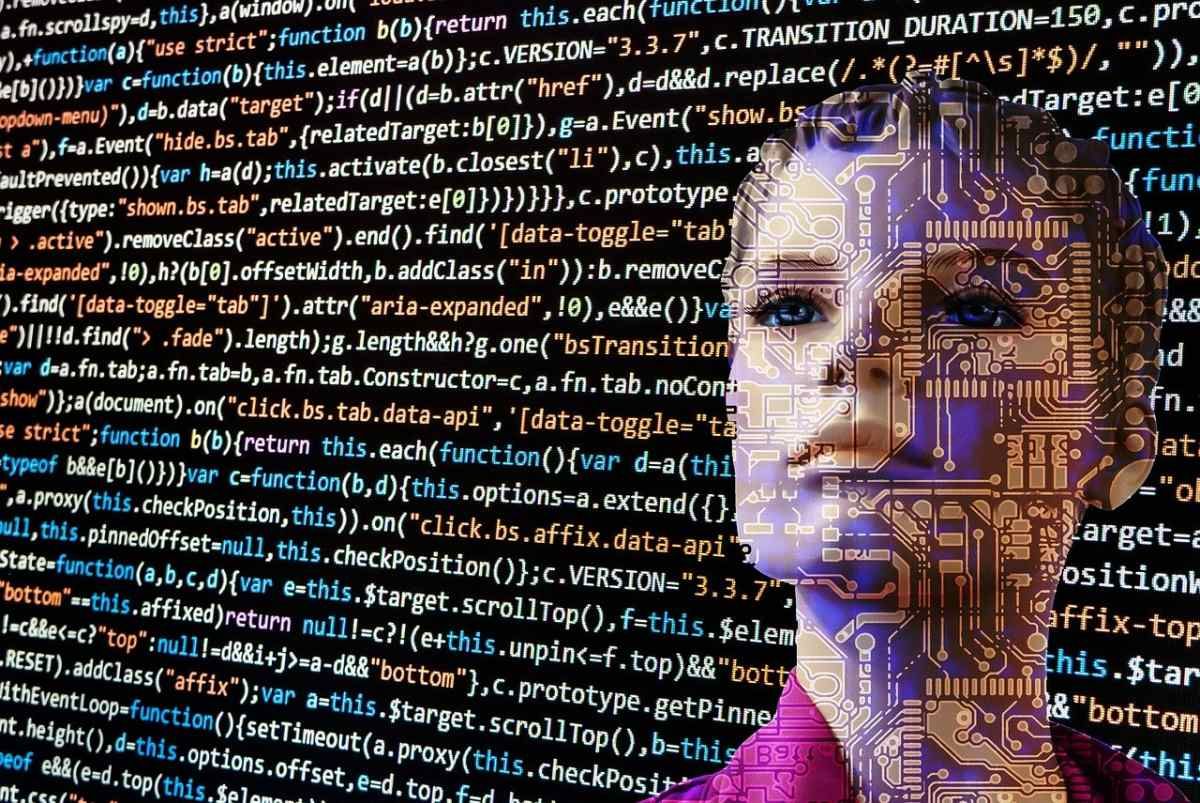Facebook is investing significant efforts in enforcing community standards for participants on its various social platforms. In this sense, in addition to having human personnel in charge of ensuring compliance, Facebook is relying on Artificial Intelligence technologies, and today has offered a preview of the progress made in recent times in this area.
In this regard, he referred to systems currently in use such as Reinforcement Integrity Optimizer (RIO), implemented at the end of last year, which he says has helped to significantly reduce hate speech and other types of unwanted posts on its social platforms in the first half of the year.
Mike Schroepfer, Facebook’s CTO said, “AI is an incredibly fast-moving field, and many of the most important parts of our current AI systems are based on techniques like self-monitoring, which seemed like a distant future just a few years ago.”
In this regard, he explains that instead of training an AI-based system based on a fixed data set, with RIO they have opted for a model in which the system learns directly about millions of current contents, adapting over time to do its job better.

Schroepfer argues that the approach used in RIO is “incredibly valuable” for compliance with EU standards, adding that:
Because the nature of the problem is always evolving along with current events, when new problems arise, our systems must be able to adapt quickly. Reinforcement learning is a powerful approach to help AI meet new challenges when there is a shortage of good training data.
In this regard, they expect RIO to continue to help over time to further reduce hate speech on the platform.
But in addition to RIO, Facebook they are also replacing single-purpose personalized systems with more general ones, seeing “impressive improvements” through the use of multimodal AI models, which can work with multiple languages and multiple types of content.
Schroepfer has also referenced “zero-shot” and “few-shot” learning models that allow Artificial Intelligence to identify infringing content, even if they have barely or never had an example of it.
He said “Zero-shot and few-shot learning is one of many cutting-edge AI domains where we have been making significant research investments, and we expect to see results in the next year.”





